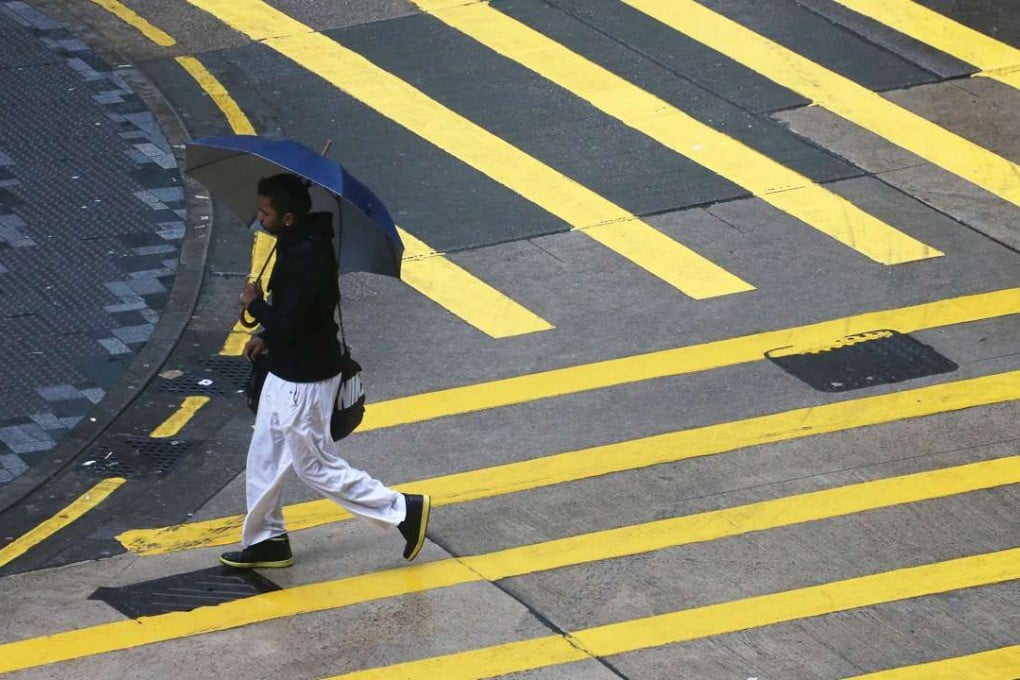Rise in bogus refugees has made Hong Kong’s ethnic minorities victims of prejudice
Holden Chow says whole communities are being unfairly tarred by association, and resolving the problem of ‘fake’ asylum seekers is one way to remove the stigma

On various occasions of late, I have met leaders of ethnic minority communities in Hong Kong who lament the harmful impact that the problem of bogus refugees and asylum seekers is having on them. Media coverage emphasising that these bogus refugees are committing crimes and working in the black labour market has created a stigma and ethnic minorities have been wrongfully labelled as troublemakers in the city.
Hong Kong has no refugee crisis, only a crisis of response
Applications for asylum and refugee status in Hong Kong come from people of varying origins, including but not limited to those from Vietnam, India, Bangladesh, Pakistan and Indonesia, according to the government.
Those abusing the system are merely the black sheep and a small minority, but the public wrongly believes that ethnic minorities from a couple of countries in particular consist mostly of troublemakers. As a result, everyone is lumped under the same banner and suffer offensive or racist abuse.
Logically, people ought to be wise enough to distinguish between the black sheep and the innocent ethnic minorities, and should not blame those who comply with the law. Unfortunately, it seems these things aren’t logical.
Ethnic minorities have made significant contributions to our city, and many families settled in Hong Kong a few generations ago. One should not underestimate how much the bogus refugee problem has undermined their image in Hong Kong.

Asylum seeker controversy creating divisions, say rights groups
From talking to representatives of various ethnic groups, it’s clear that they view Hong Kong as their home and, similar to most Hongkongers from all walks of life, work hard and see themselves as no different from the Chinese here. Some face language barriers, which makes it difficult to find work, particularly as civil servants or in the police force as most cannot meet the Chinese-language proficiency requirements. Some can speak fluent Cantonese, but fail to meet written standards. Many suffer hardships as a result.
